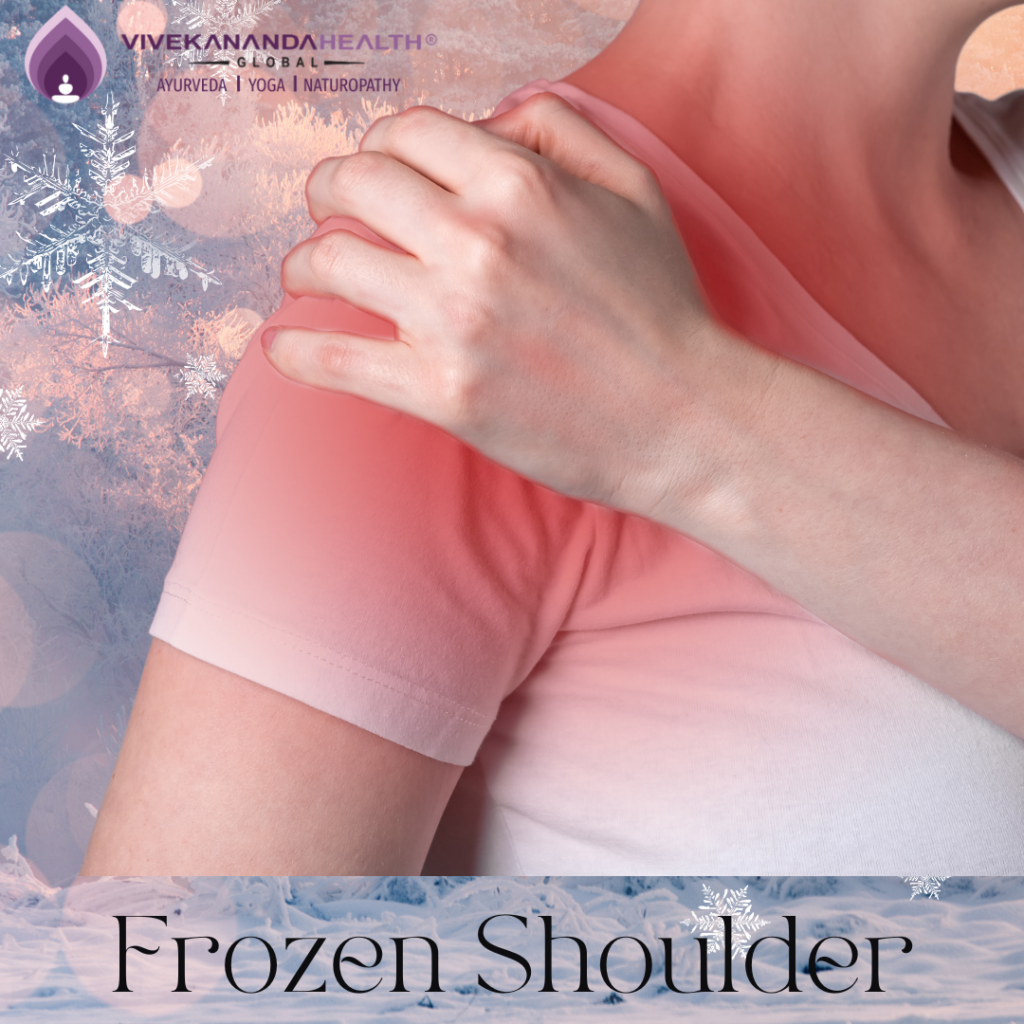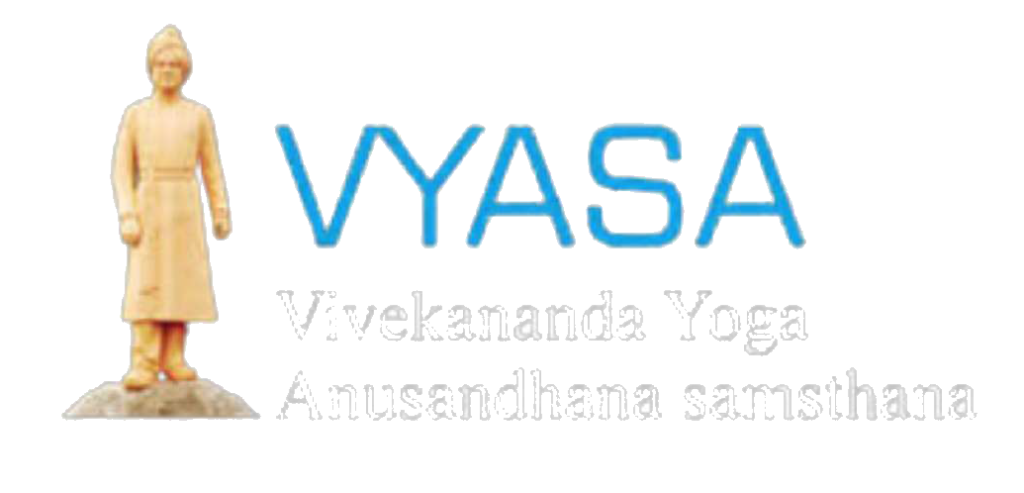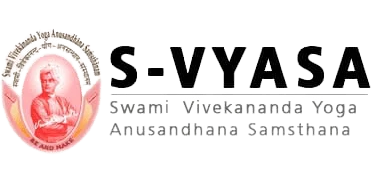Introduction:
It is also called as adhesive capsulitis, involves stiffness and pain in the shoulder joint in the earlier stages and in later stages with restricted range of movements.

Symptoms:
Early Symptoms of Frozen Shoulder are -
The full range of symptoms may arise over a period of around two years, but early symptoms include:
1. pain in the shoulder, especially unexpected pain, when no known injury is present
2. difficulty lifting one’s arm above the head
3. difficulty extending one’s arm across the body or reaching behind the back
Frozen Shoulder typically develops slowly in three stages.
1. Freezing Stage - Any movement of the shoulder causes pain, and the shoulder's ability to move becomes limited. This stage lasts from 2 to 9 months
2. Frozen Stage - Pain might lessen during this stage. However, the shoulder becomes stiffer. Using it becomes more difficult. This stage lasts from 4 to 12 months
3. Thawing Stage - The shoulder's ability to move begins to improve. This stage lasts from 5 to 24 months.
For some people, the pain worsens at night, sometimes disrupting sleep.
Causes and Risk Factors :
1. Frozen shoulder results from inflammation and tightening of the capsule around the shoulder joint.
The Risk Factors include:
2. Medical conditions such as diabetes, overactive or underactive thyroid
3. Immobility or reduced mobility due to arm fracture, stroke, or surgeries such as mastectomy
4. Age: More common among elderly persons
5. Gender: Women are at higher risk of developing frozen shoulder
6. Previous injury
Diagnosis :
- Physical examination to check intensity of pain and range of movement
- Tests – X–RAY MRI
Treatment:
1. Yoga Therapy -Yoga practice helps in relieving pain and stiffness of frozen shoulder, warms up the shoulder joint and frees up the spaces in the shoulder. Yoga opens the shoulder and chest area. This relieves stiffness and permits full and pain-less shoulder movements.
2. Ayurveda Therapies: Oral medicines are advised to reduce pain and inflammation along with external oil based treatments such Patra potalasweda or Elakizhi ( fomentation with medicated leaves bolus) , Pichu (oil padding therapy) and Nasya ( nasal errhines)
3. Stretch the Shoulder: Before beginning shoulder exercises for a frozen shoulder, try to warm up your shoulder by doing a few warm up exercises. This will improve the blood supply in the affected area and avoid future injuries by making your body more comfortable with the motion. The best approach is to extend and warm up the shoulder by applying heat for 10 to 15 minutes, scrubbing down or showering with Epsom salt.
4. Non-Intrusive Treatment: While these activities mentioned above can be easily performed at home, if pain continues and makes it difficult to move around or work ordinarily, see a physiotherapist who can appoint particular activities and can enhance your scope of movement, flexibility and strength.
5. Acupuncture: Acupuncture is considered one of the best treatment choices for any joint and nerve related problem. The treatment is based on focusing on the trigger points of the pain and putting pressure on them via needles. The treatment is not painful and is known to produce good results in the long run.
6. Dietary Supplements: Various supplements can be taken with the recommendation of a doctor, in order to improve recovery. :Anti inflammatory diet like turmeric, omega-3 fatty acids, magnesium and CoQ10 most regularly recommended elements that relieve swelling and repair the tissue in the shoulder



